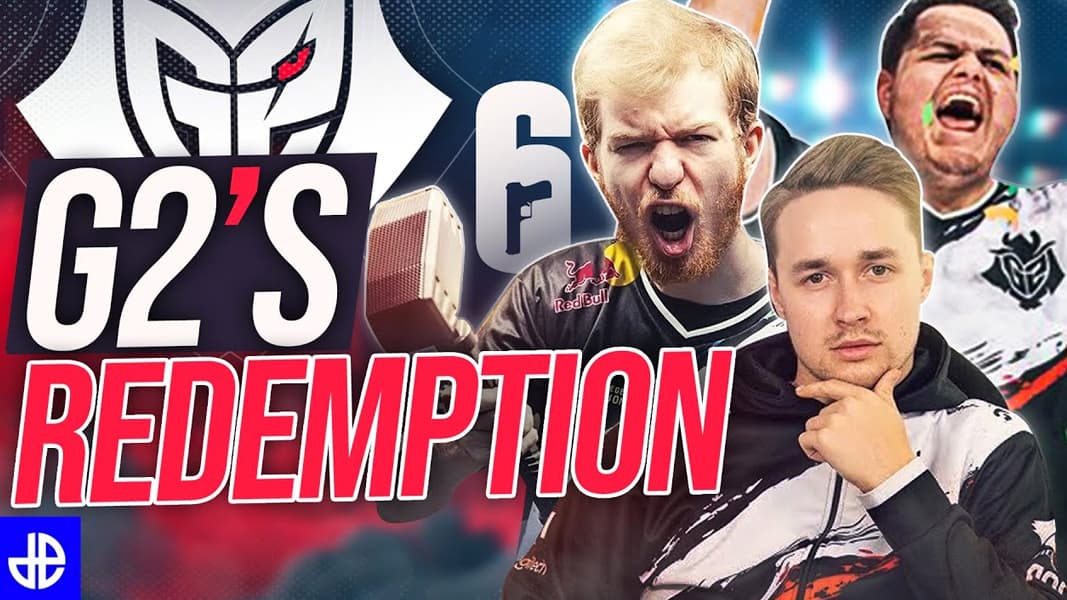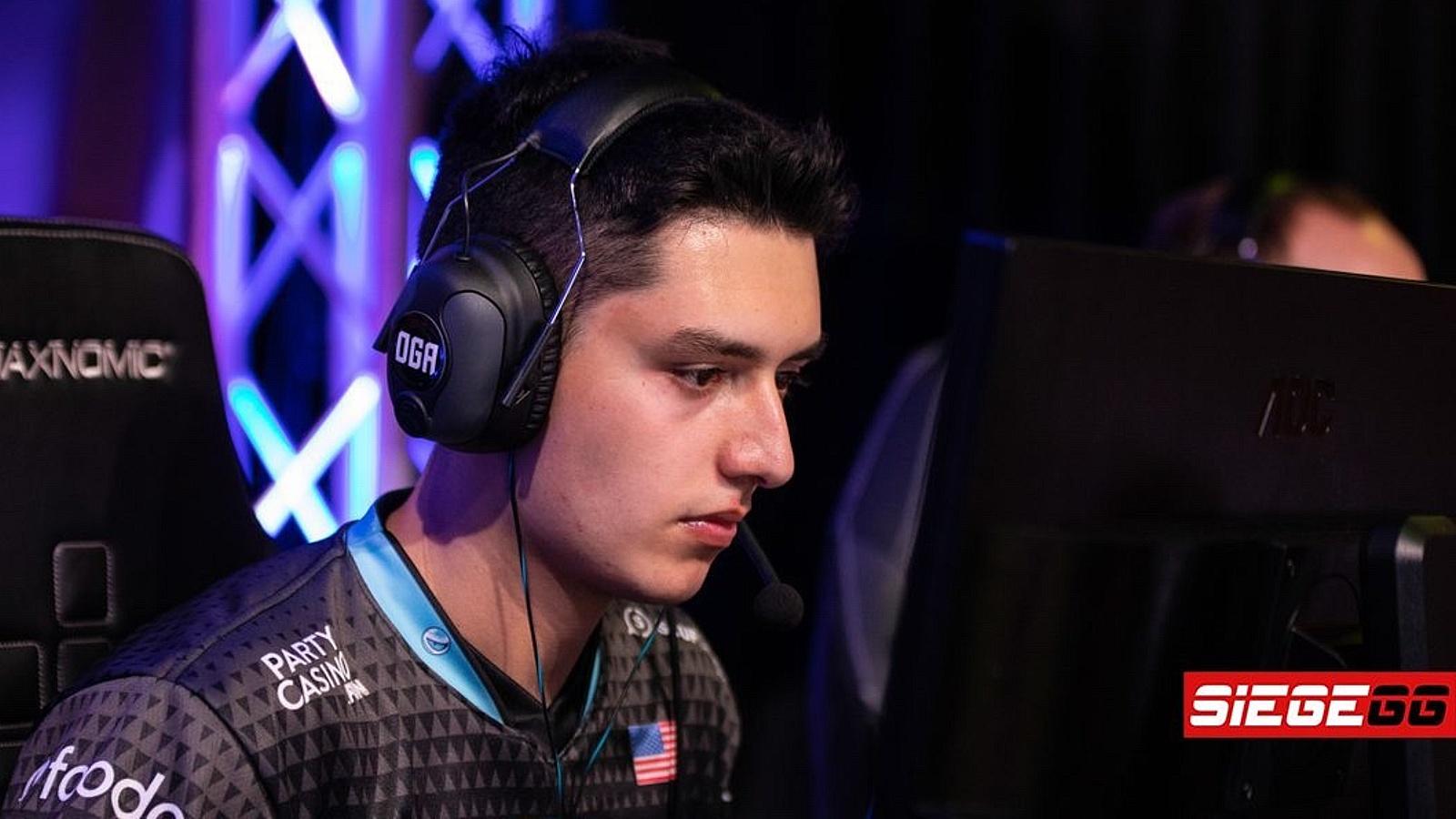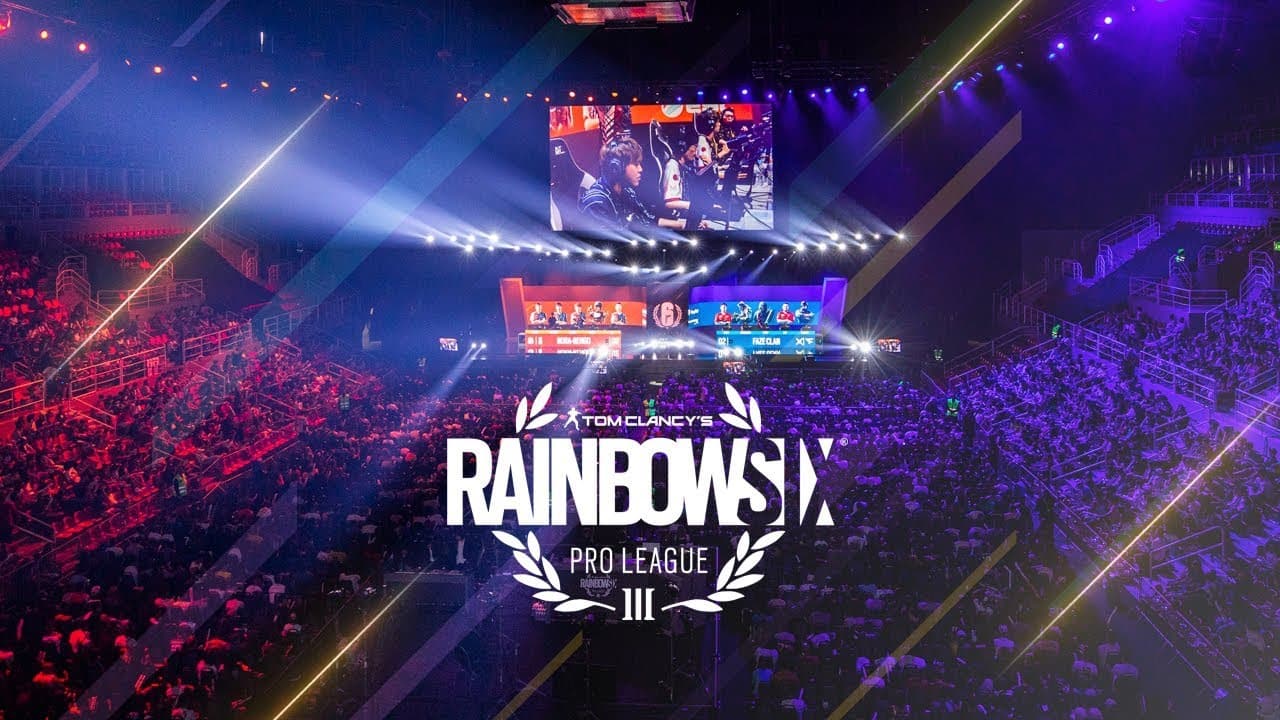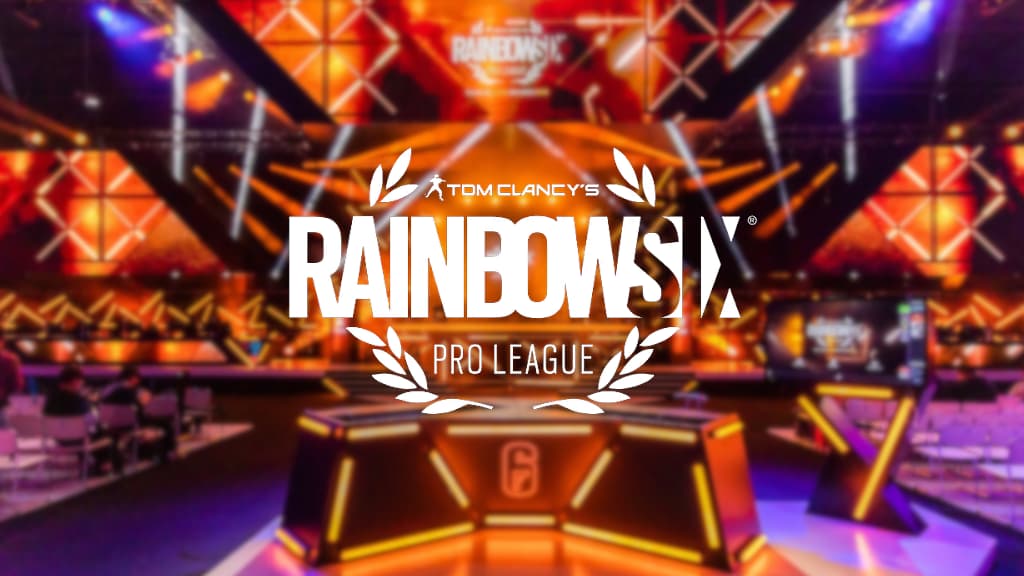Ubisoft explain why they didn’t franchise Rainbow Six Pro League
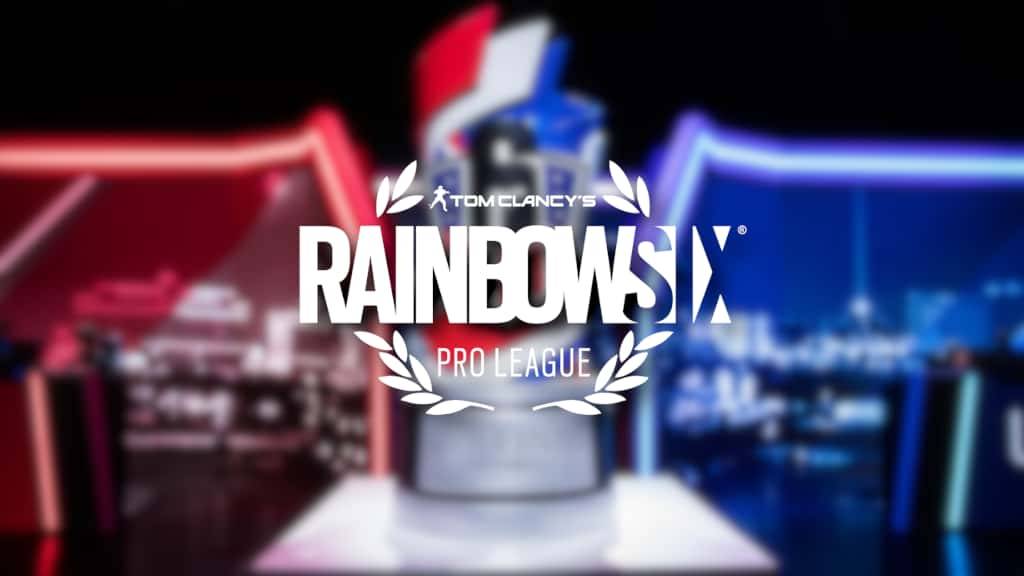 Ubisoft
UbisoftWith Rainbow Six Pro League undergoing a major transformation, Ubisoft had the opportunity to follow other games and franchise it. However, they chose not to, citing the grassroots experience as the core of their tactical FPS shooter.
The new regional league system is slowly being revealed, with the new Asia Pacific (APAC) league being dropped on May 26. With the region now split into two — APAC North and APAC South — the top level of play is likely to be more competitive.
However, there’s still a chance that teams can be relegated. In other titles like League of Legends, Overwatch, and Counter-Strike, franchising has been introduced to promote stability. But in Rainbow Six, they’ve kept promotion and relegation, assisting teams in other ways.
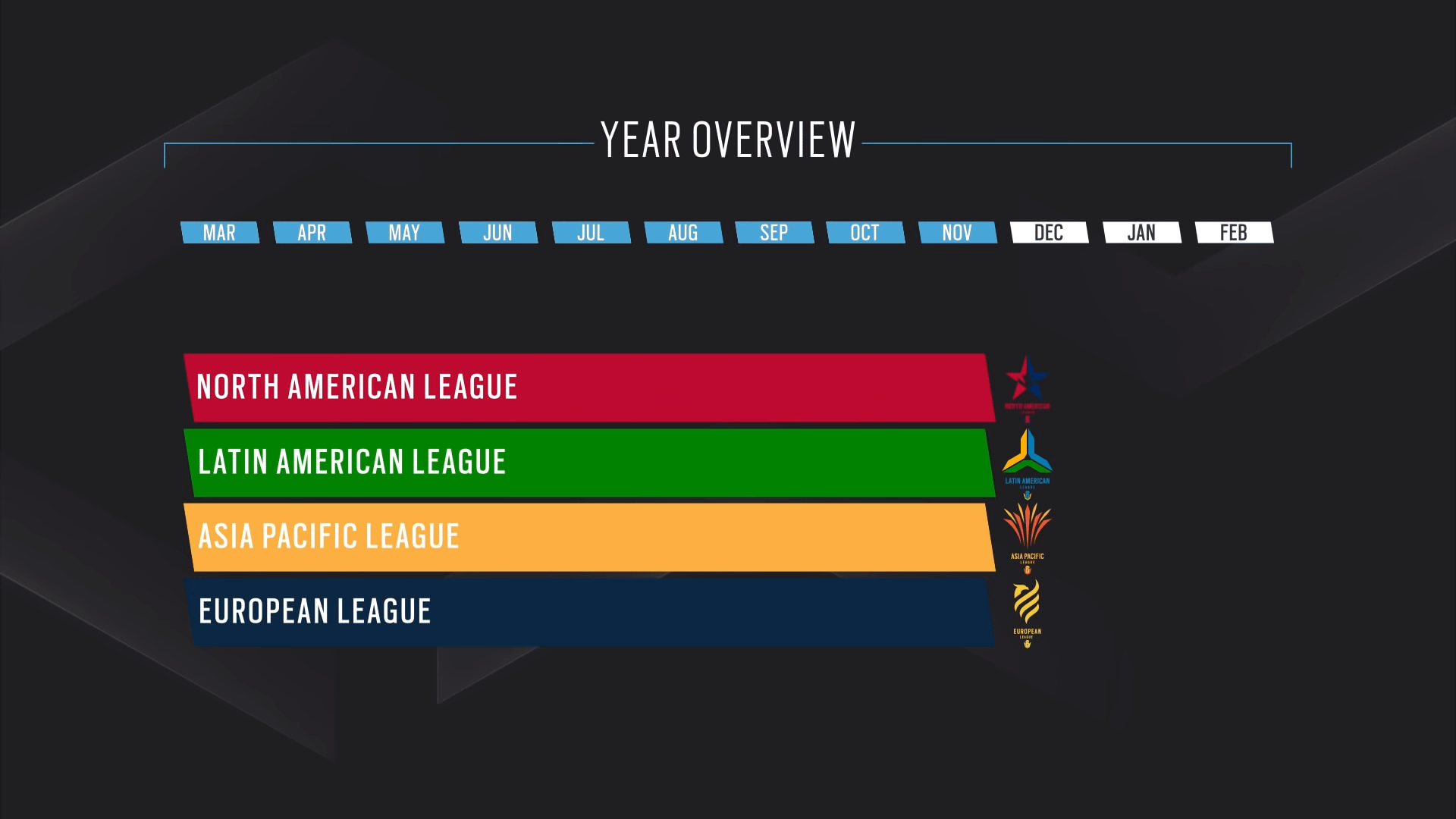 Ubisoft
Ubisoft[ad name=”article1″]
In an interview with Dexerto, Ubisoft’s Esports Director Francois-Xavier Deniele said they wanted the road to the Six Invitational to be clear for anyone — no matter their current rank.
“For me, it’s a question of ‘steps’,” Deniele told Dexerto. “We want something as clear as possible for someone starting from ranked, to semi-pro, to national, to pro.”
Even with some regions going onto a LAN environment, like North America, Ubisoft opted to not franchise teams into long-term agreements. Instead, they expanded their Pilot Program to give revenue sharing to all teams.
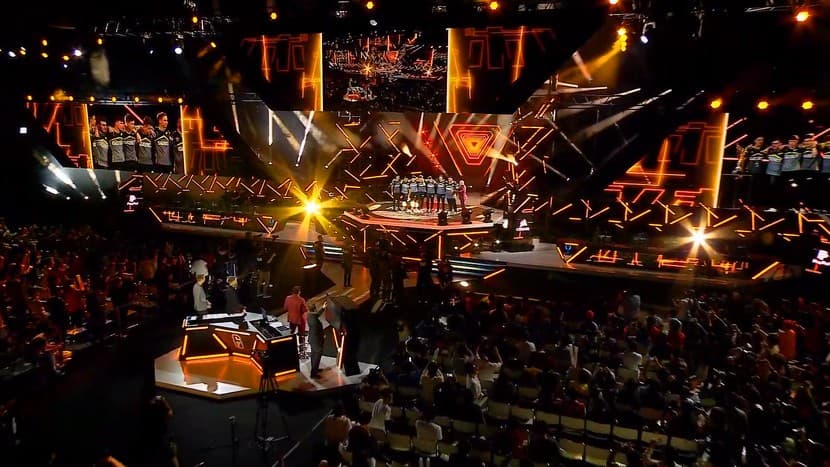 Ubisoft
Ubisoft[ad name=”article2″]
“With this new program, we will have a much larger coverage of the revenue-sharing and all of the ecosystem,” said Jeremy Somville, Senior Esports Manager at Ubisoft. “We decided to integrate all of the teams that were at the top of all regional levels.”
“It’s a program for four years, so during this four years, we will also have relegations and promotions. It’ll always be a program for the teams at the top regional level, so if someone is relegated, they can lose their spot and be replaced by the new team being promoted.”
There will be different levels of in-game support on offer for almost all teams competing in their respective regional leagues. APAC South is the only region without full coverage, however, there’s still always the hopes of further expansion.
- Read more: Rainbow Six Operation Steel Wave reveal
“There’s a lot of teams in the ecosystem, and we cannot give a top team the same level of support compared to a smaller team in the ecosystem, but also on the other side, we can’t ask of them the same criteria,” Somville added.
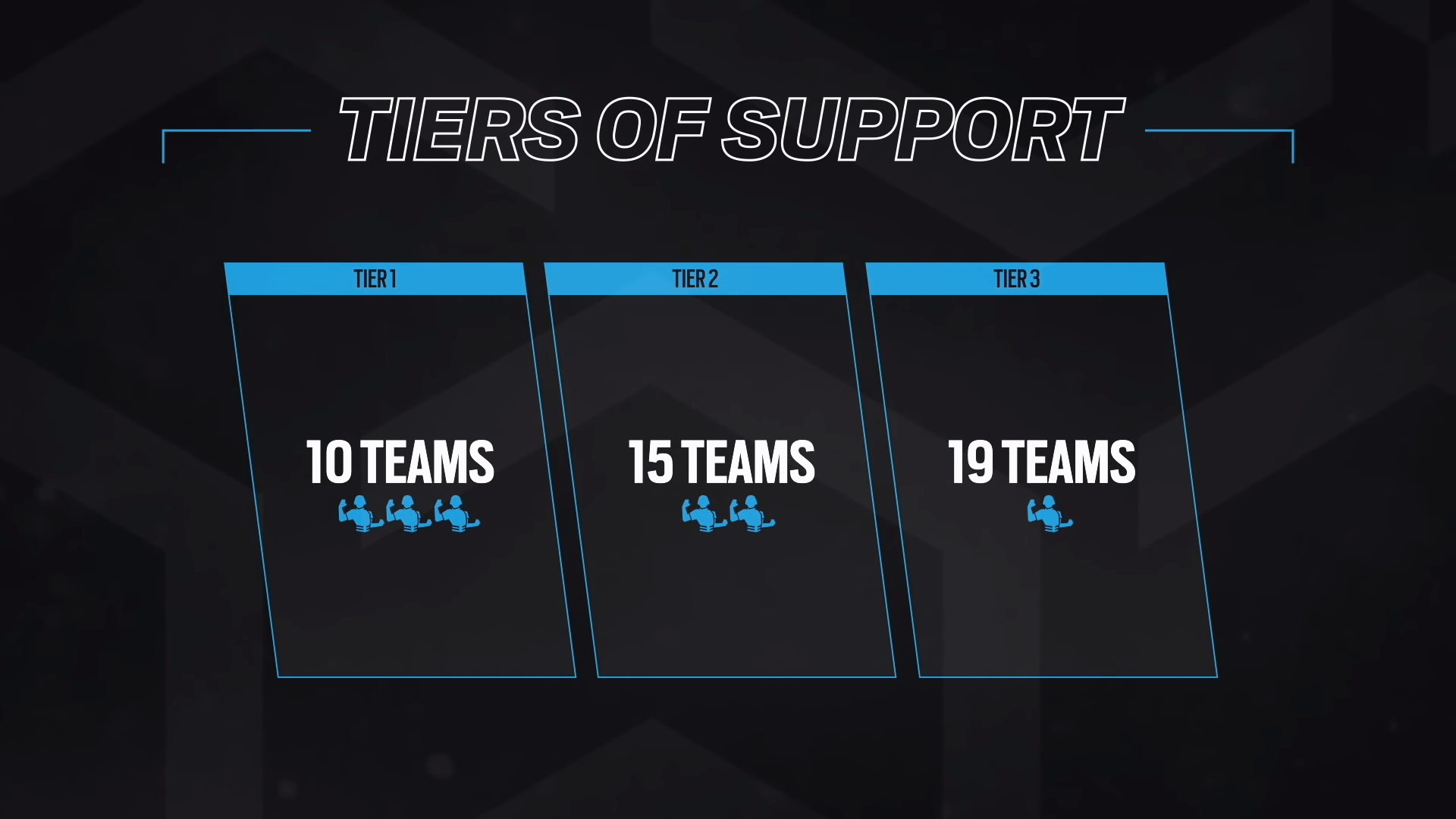 Ubisoft
Ubisoft[ad name=”article3″]
How the Pilot Program will look is still yet to be decided. Ubisoft will be liaising with teams to give them the in-game cosmetics and items they want, for the operators they want. However, how the support will be divided up still remains unclear.
Regardless, this is only an approach for now, and they will be looking to adapt to each region specifically.
“There is no one approach — let’s see what happens in the future, and we will look to improve our system to answer the questions of the community and adapt to the local market,” stated Deniele.
The next chapter of @R6esports in Asia-Pacific, the Asia-Pacific League!
Combining teams from the region into a cohesive ecosystem, the #R6APACL will start on June 23rd.
More details: https://t.co/WodgpurJQN pic.twitter.com/otx1Rx6Vyv
— Rainbow Six Esports APAC (@R6esportsAPAC) May 27, 2020
[ad name=”article4″]
The new APAC League will feature a North and South division. APAC North features the 12 best teams from Japan, Korea, and South East Asia, including Fnatic, Nora Rengo, and Giants Gaming.
APAC South will combine South Asia (India and Bangladesh) with Oceania (Australia and New Zealand).
The new regional league system will kick off in late June, in the lead-up to the proposed international events later this year. While they are yet to be cancelled, Ubisoft are looking into alternatives for the August and November majors, set to be held in NA and Europe.
